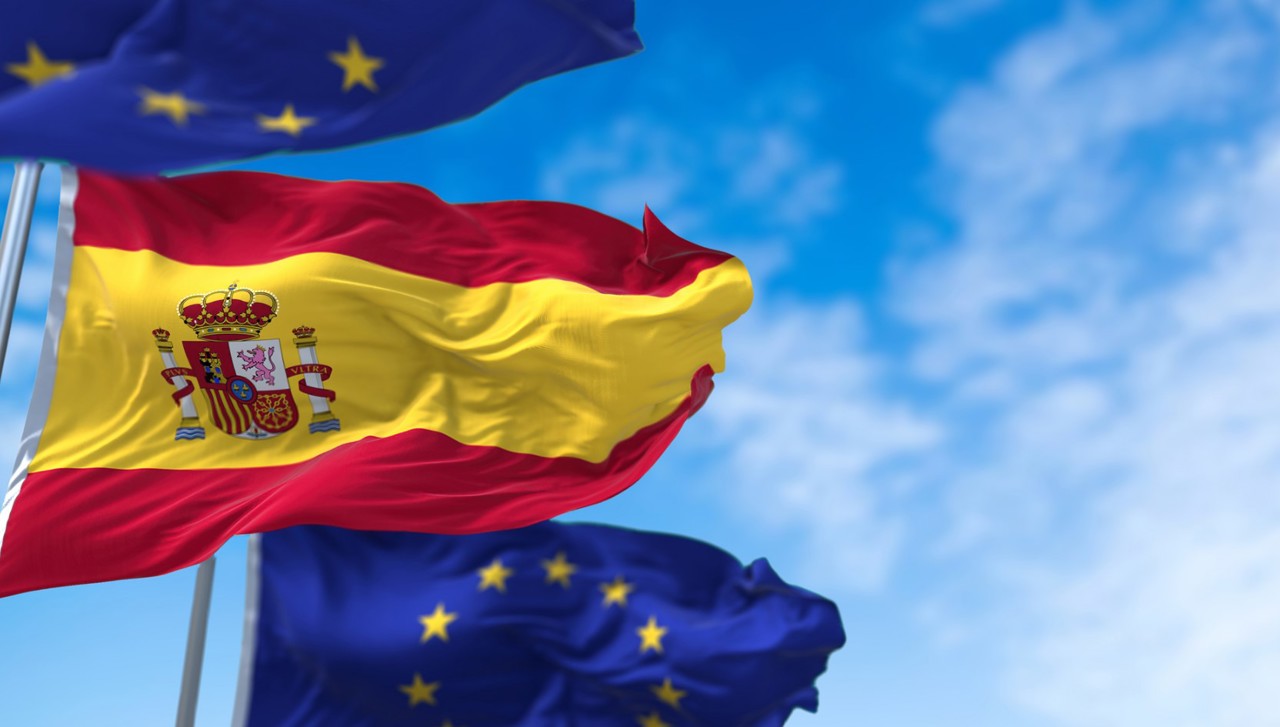Spain takes over the Presidency of the Council of the European Union
Spain took over the rotating presidency of the EU Council from Sweden on 1 July, leading Europe through crises, including security, for six months. It will also manage important issues such as the EU's migration pact, debt rules and reducing the bloc's dependence on third countries by the end of the year.

Re-industrialisation, green transition, strengthening social justice and EU unity are the four priorities of the Spanish presidency of the EU council, outlined by prime minister Pedro Sanchez last week in Madrid. However, early parliamentary elections on 23 July could thwart these plans, reports the European Newsroom media platform, as reported by Agerpres.
However, the Spanish prime minister believes the impact of the national elections on the EU presidency's agenda would be minimal. "This is not the first time that elections or changes of government have taken place during the rotating presidency," says Pedro Sanchez.
He also hoped to conclude the new EU pact on migration and asylum, saying that Spain would try to minimise corporate taxation in the European Union "to put an end once and for all to tax evasion by big corporations and big wealth". Other important topics for the Spanish presidency of the EU Council will be energy market reform and continued support for Ukraine.
As president of the EU Council, Spain also wants to strengthen ties with Latin America. Its government believes that the EU has recently turned its back on this part of the American continent, despite the fact that both regions share the same values and principles.
The Spanish presidency of the EU Council will launch a new trio, which also includes Belgium and Hungary, who will chair the EU Council in the first and second half of 2024 respectively. Spain last held the presidency of the EU Council in the first half of 2010, then for the fourth time since becoming a member of the EU on 1 January 1986.






